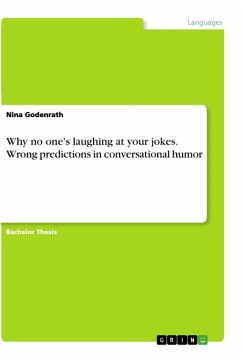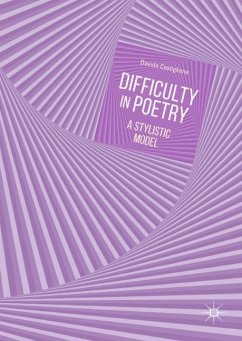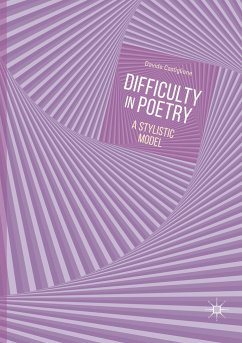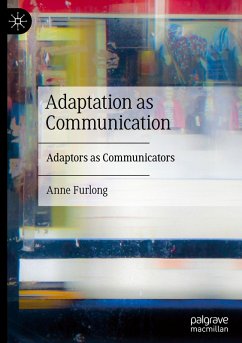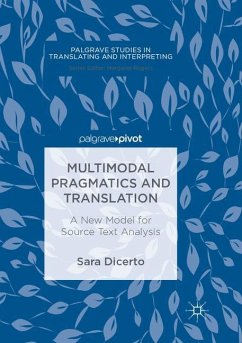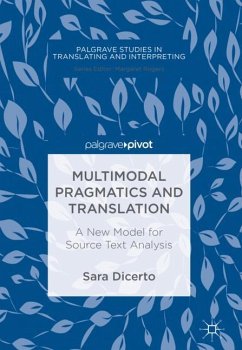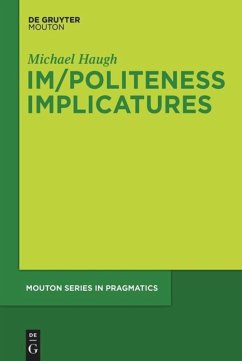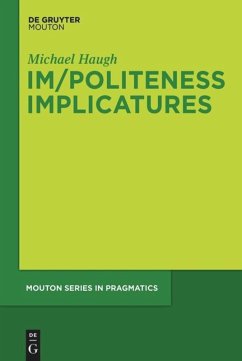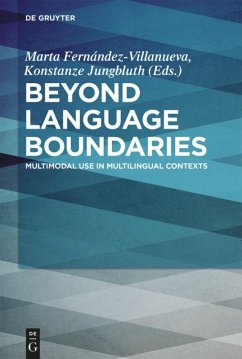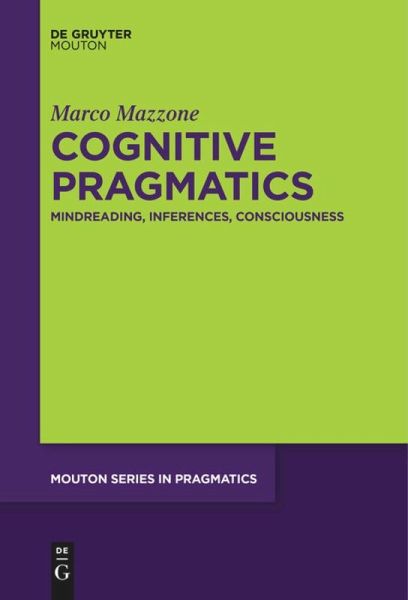
Cognitive Pragmatics
Mindreading, Inferences, Consciousness
Versandkostenfrei!
Versandfertig in 1-2 Wochen
34,95 €
inkl. MwSt.
Weitere Ausgaben:

PAYBACK Punkte
0 °P sammeln!
Cognitive pragmatics is a mature field of research, characterized by robust theories and a growing amount of experimental work. In particular, Relevance Theory has provided a rich framework for research in the field. However, this theory makes a number of assumptions that are rooted in a modular view of cognition. This book provides a detailed analysis of such assumptions, arguing for an alternative model which has, however, some support in ideas explored by relevance theorists. First of all, inferences are explained in terms of associative pattern completion within associative networks, based...
Cognitive pragmatics is a mature field of research, characterized by robust theories and a growing amount of experimental work. In particular, Relevance Theory has provided a rich framework for research in the field. However, this theory makes a number of assumptions that are rooted in a modular view of cognition. This book provides a detailed analysis of such assumptions, arguing for an alternative model which has, however, some support in ideas explored by relevance theorists. First of all, inferences are explained in terms of associative pattern completion within associative networks, based on the schematic organization of memory. This explanation is shown to apply to a number of cognitive domains besides pragmatics, including mindreading. Moreover, such a view is compatible with a general understanding of the neurocomputational machinery of our cortex, suggesting a general argument to the effect that modularity in its standard version cannot be right. Second, the book argues for a crucial role of conscious attention in pragmatics as well as in most cognitive processes. In the end, what is proposed is not only a revision of Relevance Theory but also a fresh analysis of reasoning, which vindicates some Gricean intuitions.




